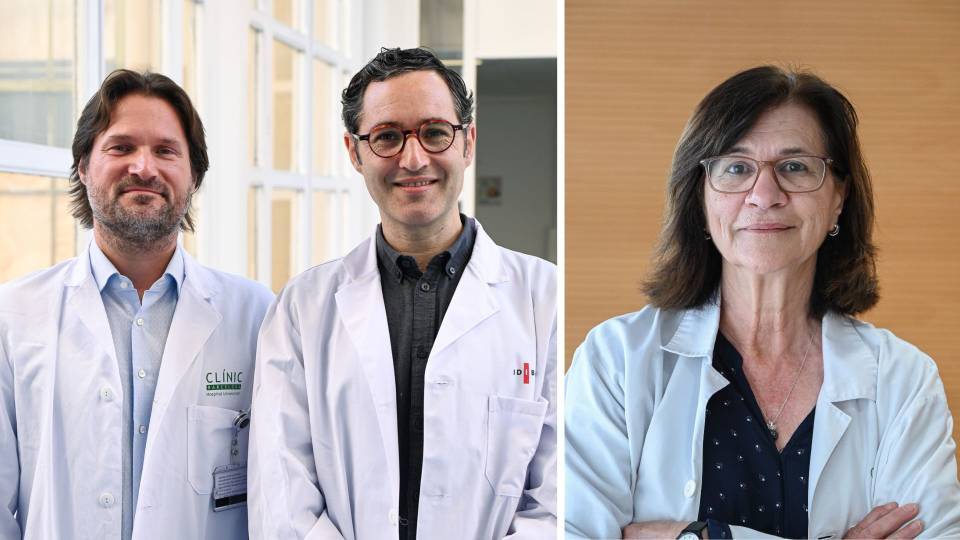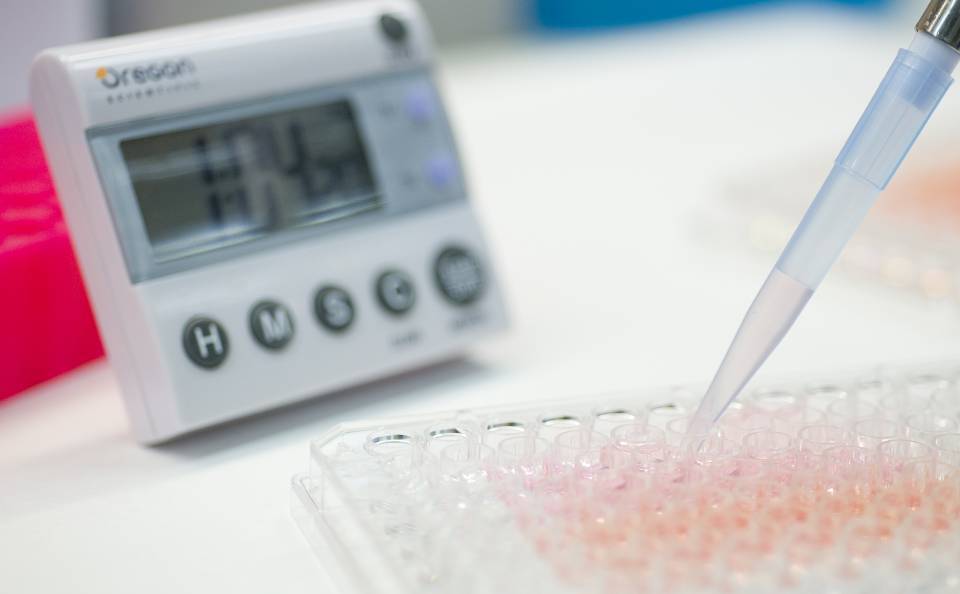When the sequencing results were received, we started with its bioinformatic analysis. To focus the analysis of the genome of the patients participating in the study, we followed the strategy of focusing on genes described as hereditary, involved in cancer, and genes of signaling pathways that have been specifically altered in colon cancer. This annotation of the genes will allow us a wide window, but simultaneously a directed search for genomic mutations. Initially we will focus on the genetic variants located in the coding region and with a clear functional effect on the gene that are located. Subsequently, the alterations in the RNA-seq data will allow us to highlight genome alterations outside the coding region.
From the second round of patients, we received the sequencing results. Having sequenced the complete genome of the patients, the amount of information (and therefore, the size of the informatic files generated) is extremely large, which slows down the bioinformatic analysis and filtering. The data will follow the same analysis as the first round of patients from the study.
Finally, we should highlight that during this trimester a new omics technology has been requested to be incorporated into this study, metabolomics. This has been possible because the expenditure already made for the proposed omics has released a part of the budget that can now be used in this new approach. This technique allows the study of substances called metabolites present in cells and tissues. Metabolites are small molecules that are produced when the body breaks down food, drugs, chemicals, or its own tissue. Illnesses or environmental factors such as diet, medications, and chemicals can affect how metabolites are made and used in the body. Previous studies point to the usefulness of this omics to relate it to colorectal cancer.
Thus, as a whole, this project will characterize the genome (germ and somatic), gene expression, the microbiome (by scanning somatic data) and the metabolome.




